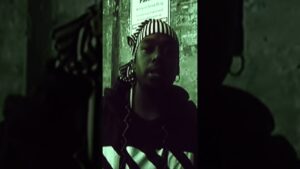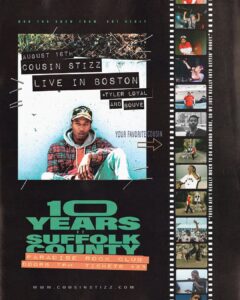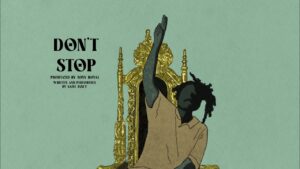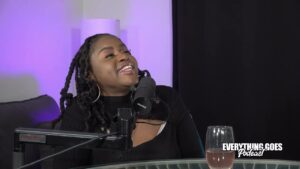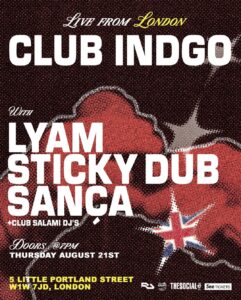In Episode 129 of the Bad for the Community podcast, the crew dives headfirst into a tweet that’s been stirring strong reactions across timelines. The post boldly claimed:
“Straight Black men are the white people of the Black community.”
What followed was a layered, sometimes uncomfortable, but ultimately illuminating conversation about power, privilege, and accountability within marginalized communities.
The episode kicks off with resistance. The hosts immediately push back against the tweet, calling the statement a “false equivalency.” Their point? Black men, particularly straight Black men, may hold certain privileges within the Black community, but they are still part of a system that oppresses them on a larger scale—unlike white people in American society.
But as the conversation evolves, so does the perspective. The hosts begin to peel back the layers of what the tweet is really saying—not that Black men are the same as white people, but that they occupy a position of relative power within Black community structures.
They start to acknowledge that while systemic racism continues to harm Black men, patriarchy also gives them advantages—often at the expense of Black women and LGBTQ+ individuals.
The crew agrees on several key points:
- Black men benefit from patriarchy, even if they are also victims of racism.
- Straight Black men often sit at the top of the social hierarchy within Black spaces.
- There is a track record of harm, including mockery and dismissiveness toward Black women and queer voices.
- There’s a pattern of “punching down” through jokes that target vulnerable groups in the community.
Importantly, the hosts provide historical grounding to the conversation. They bring up how the destruction of Black family structures—through mass incarceration, the crack epidemic, and housing discrimination—helped create today’s fractured gender and social dynamics. These systems disrupted community balance and deepened intra-community tensions.
The tone shifts once again, this time toward reflection and responsibility. The group discusses how Black men—particularly those who are straight and cis—can use their privilege to protect others, rather than perpetuate harm. That means listening. That means unlearning. That means speaking up, not just when it’s easy, but when it matters.
What began as a knee-jerk rejection turned into something deeper: a candid, emotionally honest reckoning with uncomfortable truths. The episode doesn’t claim to have all the answers—but it models what growth looks like in real time.
The conversation around intersectionality, gender, and race is far from over—but this episode proves that progress starts with dialogue.







